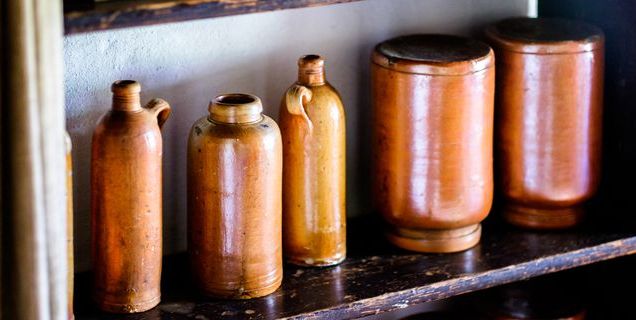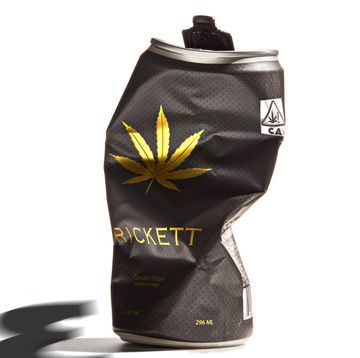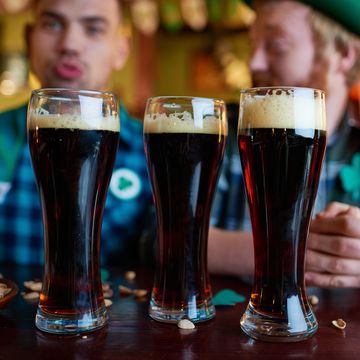Archaeologists have found traces of beer in Iraq that are super old, dating back 2,500 years to ancient Mesopotamia and the Babylonian Empire. While texts from those forgotten days speak of fermented drinks, this is the "oldest direct evidence" of beer discovered, Smithsonian reports. And now the archaeologists who discovered the traces are trying to replicate the recipe for us to enjoy in the modern era. Eons pass and civilizations fall, but beer is always good.
Elsa Perruchini, the lead author on the study announcing the discovery, used a process called gas chromatography, which has never before been used to identify beer residue in ancient remains. It allowed her to see past contamination like sunscreen from archaeologists working the dig to identify different compounds in the remains. Lo and behold, barley residue from beer was discovered in clay pots, as well as signs of fermentation.
Past research has uncovered hints that beer existed, like signs of a Mesopotamian brewery dating back 4,000 years, but it was never as conclusive as Perruchini's discovery of fermented barley compounds. Beer was important back then because fermentation kept barley good for longer, and made it more nutritional. There is also the obvious reason: It was fun to drink. Some things never change.
Now, Perruchini and study coauthor Claudia Glatz are trying to brew a beer that matches the residue. So far, they haven't discovered the right recipe, nor have they tried to drink any of their concoctions.
"It smells so terrible,” Perruchini told Smithsonian.
But if they're successful, there's a chance modern-day beer and history lovers would pay good money for a taste. After all, more than 17,000 people wanted to drink the gunk water from an ancient Egyptian sarcophagus, and that was more likely to kill you than get you buzzed. Cheers!












